|
We couldn’t miss the opportunity to engage with farmers from Southern Botswana during the Ngwaketse West Small Stock Association Field Day on the 16th and 17th November 2018. The association is made up of young farmers based in the Southern District based around the villages of Samane, Maokane, Thankane, Mokhomma and Tsonyane. It was a well attended workshop with interesting presentations from various government and private organisations, including CCB, with the goal of sharing knowledge and information on livestock husbandry and carnivore management and control. The workshop was attended by about 40 participants. The Department of Agricultural Research from Gaborone demonstrated how to make urea molasses feeding blocks from scratch. These blocks they say, come in very handy especially in these trying time where climate change challenges are looming over us and they are a great way to supplement livestock feed. We are very thankful to the association for the opportunity to spend the day with them and we hope to continue working together going forward.
0 Comments
Did you know that technology in conservation has been used for decades to increase the efficiency of agricultural operations? CCB has been working hard in testing different farming technologies that could make the lives of farmers easier and those that promote coexistence with carnivores. A wide range of carnivores exist on commercial farmlands so farmers can sometimes experience stock losses due to predation. Recently, the CCB research team deployed a new technological device called the Skaapwagter in a commercial farm in Ghanzi, to test its effectiveness at keeping carnivores away from livestock. The device is an invention by a South African farmer who was losing livestock to carnivores. The Skaapwagter is a deterrent device that can be used to emit lights, sound and chemicals that are particularly agitating to carnivores. The device comes in many different versions and our research team will be testing the chemical version. The team is using the device in conjunction with camera traps so as to monitor the movements of carnivores in response to the device over the next six months. We are predicting that the device will be an effective deterrent in the short term, however we are interested to see whether carnivores habituate to them over a long time period. Predation can cause stock losses which can be a significant economic stress for farmers. For long-term sustainable human-wildlife carnivore conflict mitigation, farmers’ are advised to implement new technologies to manage predation without persecution. It is our hope that these Skaapwagters will help prevent livestock attacks and help alleviate some of the conflicts felt by farmers. We are looking forward to the delivery of more of these devices so we can expand this pilot study to include more farmers in the Ghanzi farmlands. Keep checking our website for more details on this project, including the results once they are available. For more information on the Skaapwagter, check out the link below: www.skaapwagter.com
CCB Engaging with Conservation Supporters at the 2018 Wildlife Conservation Network Fall Expo11/21/2018 Click on the link below to catch a presentation by Cheetah Conservation Botswana's Executive Director, Rebecca Klein at the Wildlife Conservation Network Fall Expo 2018. Ms. Klein is sharing information on CCB's updates and accomplishments on the ground breaking work they do to promote coexistence between the people and cheetahs in Botswana.
https://www.youtube.com/watch?v=hITv9IvDQXg CCB hosted 55 Ghanzi Farmers’ Network members at a workshop on the 13th November 2018 to discuss various farming issues and to map a way forward for farming in the region. Using the inception workshop hosted for the members back in 2016 as a point of reference, issues of stock theft, livestock market, predation and drought were highlighted as key priorities and concerns in the farming region of Ghanzi. The main objective of the workshop was to assist the network members and discuss issues relating to the local and national livestock market. Farmers had the opportunity to share their experiences, network and benchmark from others to better their management skills. They also got to learn new techniques and receive advice from the instructors which included staff from the Agribusiness and Veterinary Services departments, the Botswana Police stock theft division and CCB staff. These technical training opportunities provide a perfect platform for promoting sustainable farming, with the hope that all conservation stakeholders grow to appreciate and understand the challenges of conservation and opportunities for coexistence with wildlife. With fewer than 1700 cheetahs left in Botswana, there is a great need for the employment of community coexistence measures. A big thank you to facilitators and participants of the workshop – we hope to meet again next year and continue working together to assist in improving your farming businesses and at the same time, creating a safe place for cheetahs in Botswana.
|
SearchArchives
May 2024
Categories |

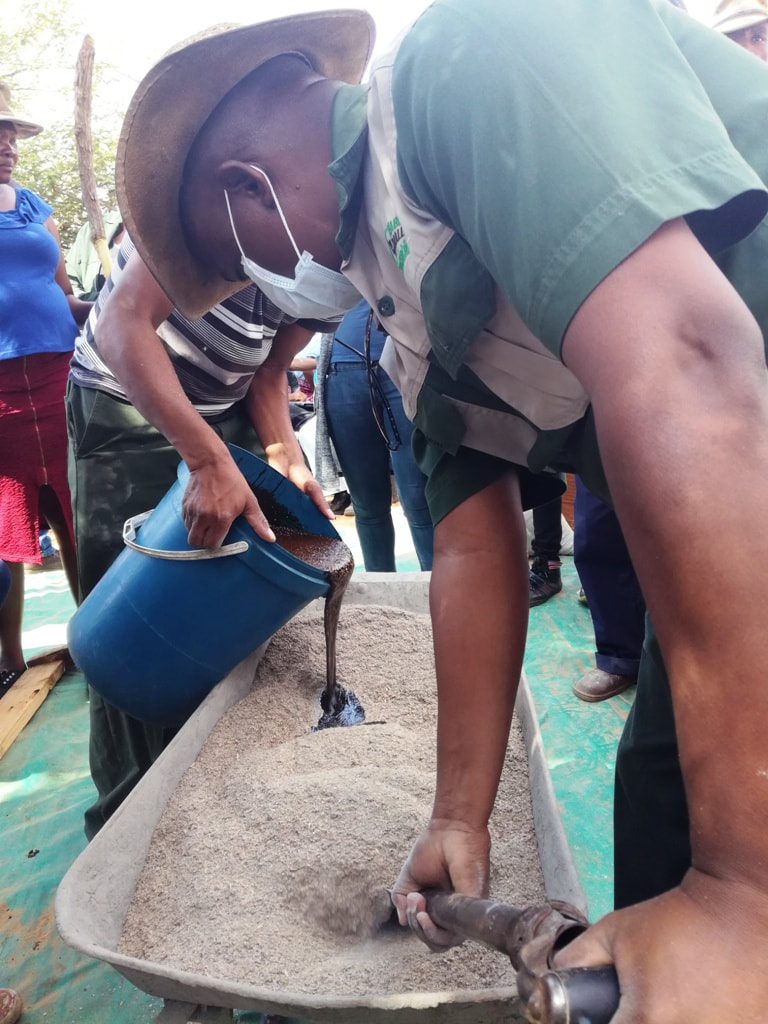
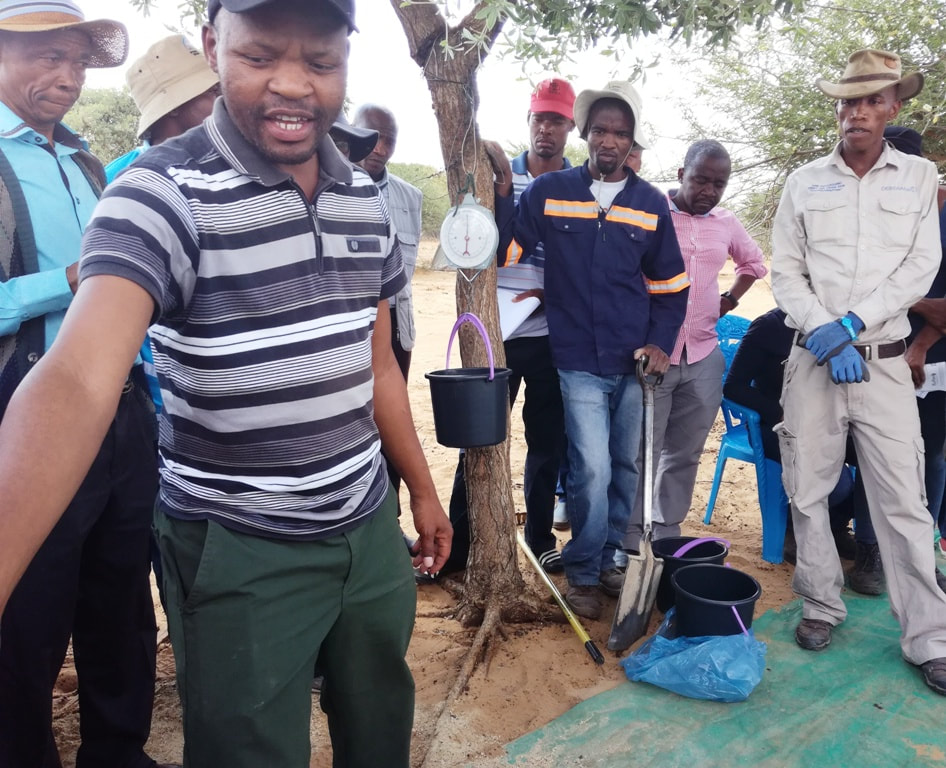
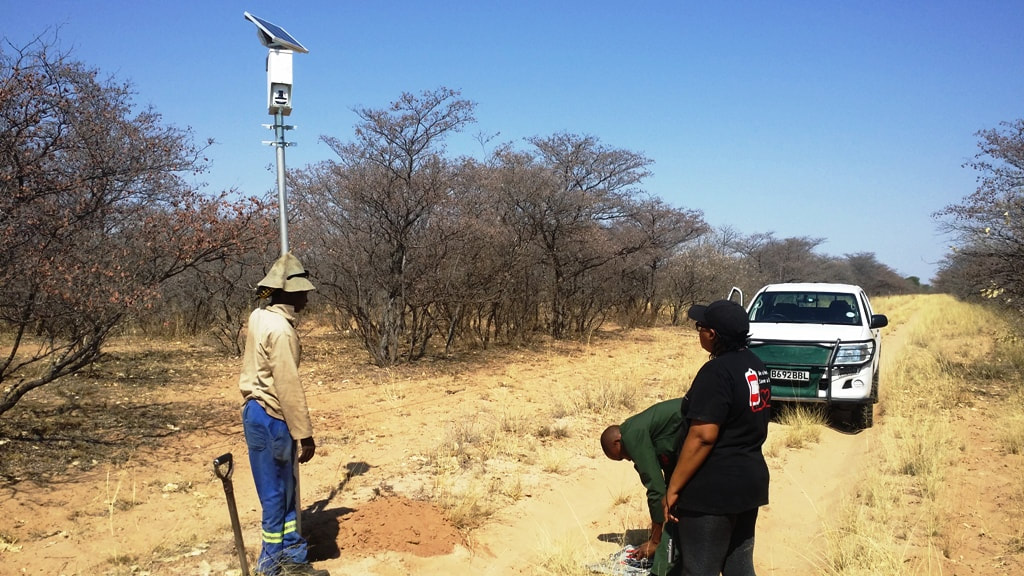
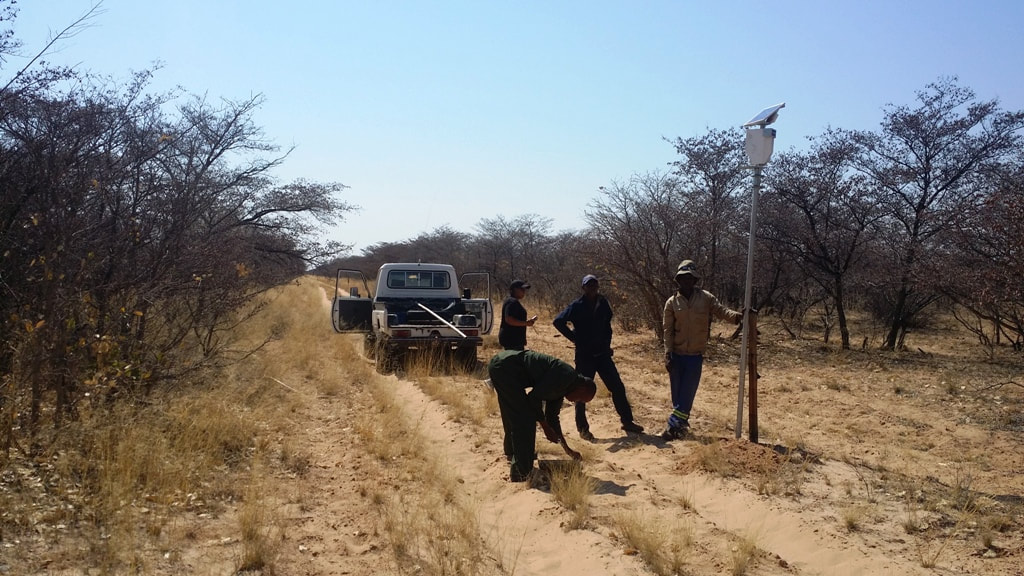
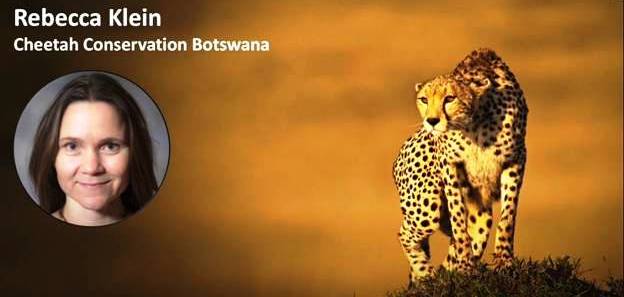
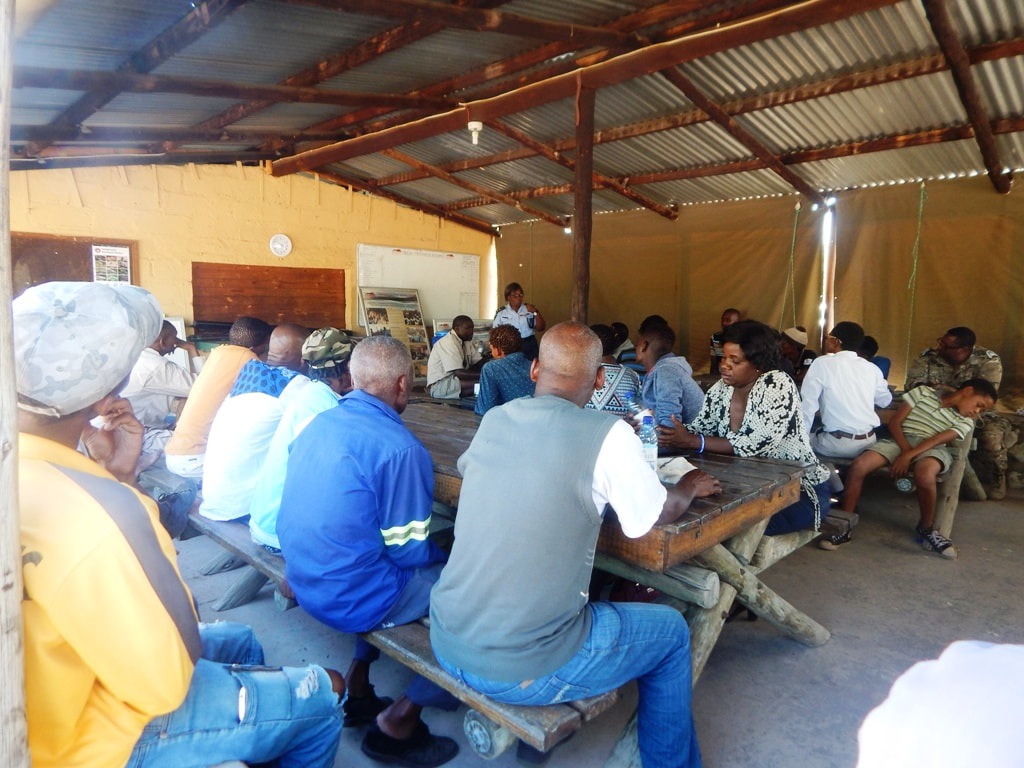
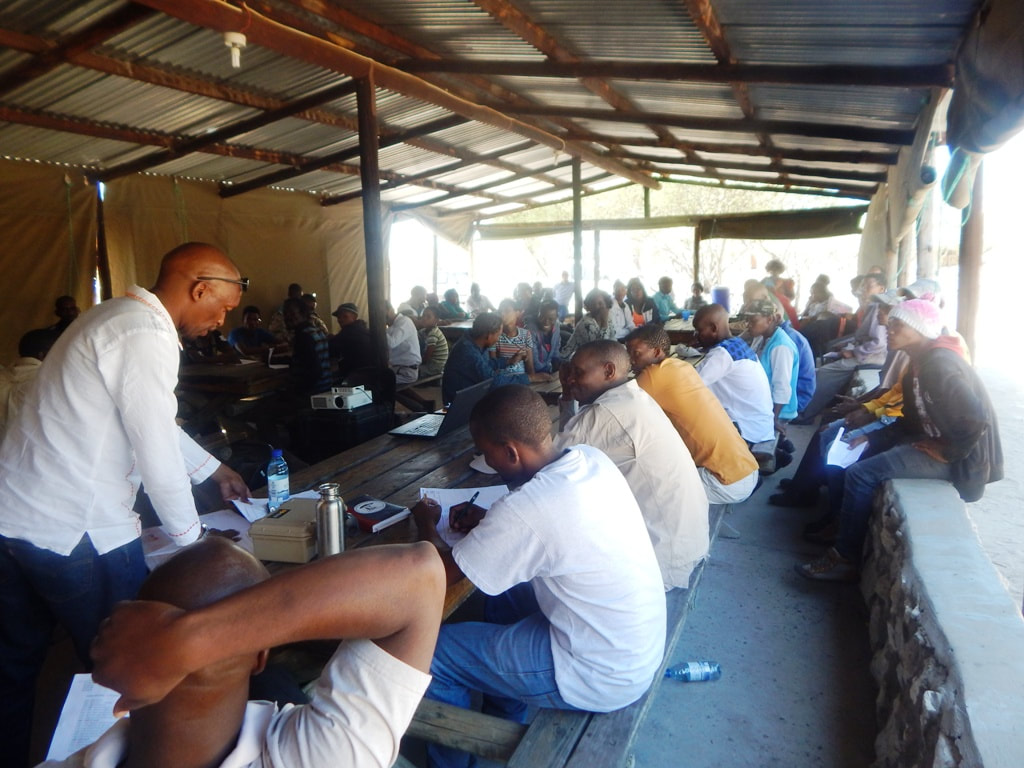
 RSS Feed
RSS Feed
